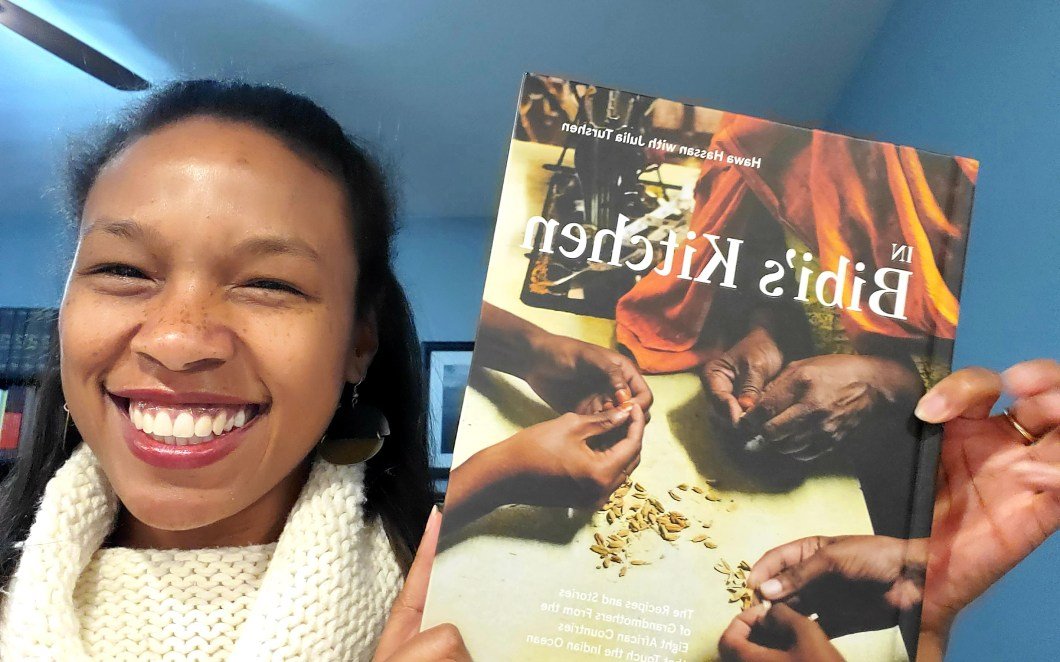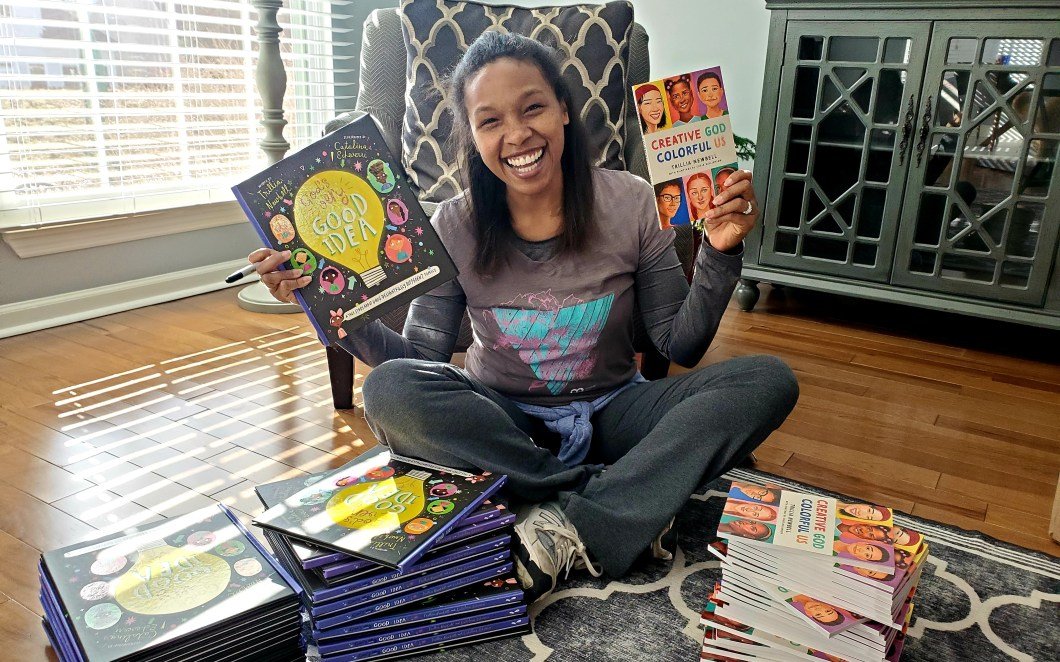Ferguson and My White-Looking Son
If you’ve been reading my work, you already know that I am a black woman married to a white man. I have two children, both of which are unique blends of the best of my husband and me. They are unique for biracial children, mostly because they could easily pass as white—only. My son has the most distinctively white features, namely his fair skin and bone-straight fine hair. On more than one occasion when we’ve been out together, I’ve been asked if I was the babysitter or the nanny. His ethnicity is undeniably difficult to pin down. And as I’ve watched the horror in Ferguson, MO unfold, I couldn’t help but wonder what it will be like for my son as he grows into a young man. My experience will be significantly different than his, simply because of the generation gap, but most definitely as well because of the color of his skin.
My son may never experience what many young black boys and what most black men inevitably do. He will be treated as a white male. He has a privilege that many biracial children do not have (not being judged by the way he looks) because he looks like a white boy. I find myself constantly in an interesting position. I have a son who is essentially white. He has both a black and white parent, but he looks white. And so I think through a different lens about my children than many of my black brothers and sisters. I wonder what the world will be like for him as a child who could pass as white grappling with the injustice and continual racism against those who look like his mother. But as I’ve watched the outcry of many for the tragic loss of a young man, Michael Brown, I also wonder if my son will feel fearful, isolated, and alone.
Before I continue, I want to make it extremely clear that I believe the death of Brown is deeply saddening and a travesty. We don’t know everything, but many of us can’t help but think there could have been a different outcome for both Brown and the officer. There have been more articles and blog posts and news coverage stories about what happened to count. I agree with much of what I’ve read. I am praying that justice will be served and peace will engulf Ferguson. I am praying for true racial reconciliation that I believe is obtained by acknowledging the pain of those who have been and continue to be wounded. And though I feel quite passionately about many of the issues this tragedy has brought to light, I’ve waited and prayed and I’ve thought deeply about my beautiful son.
I find myself mourning the loss of a young man I’ve never known, grieving over the police and the looting and the racist undertones of comments found throughout social media, and thanking God that in time he will make all things new. And I’m processing this issue for young black boys and my young white-looking boy.
And here are my fears:
Because he is white-looking, I fear my son will grow up in an environment that is hostile towards white males. I do live in the south where racial tension and strife have plagued our history. So what if we end up doing just the thing we’ve fought so hard to stop? What if we, black Americans, begin judging other brothers and sisters solely based on the color of their skin? Could my son be thought of as an ignorant, uncaring, privileged white male? There is a good and needed call to repentance, action, and – at the very least – acknowledgement that there remains a problem in America regarding racial reconciliation. We haven’t arrived—far from it. And yet I wonder how it feels to be a white male in America today. There are some who have indeed acknowledged that racism continues to rot the hearts of men and women—even those within the Church. There are many who feel a weight of responsibility that could prove to be useful, but there are others who I believe feel a weight of responsibility, guilt, and fear. I want my son to know about our country’s history, to realize the sin of man, and to not retreat when faced with difficult and heart wrenching situations like that of Ferguson. But I don’t want him to walk around feeling guilt, shame, and fear.
And then I feel a sense of relief that he won’t have to worry about so much of what I was anxious about as a child and of what other black males have to worry about today. I hate that I feel relief for that. I hate that our country continues to be in a state that is unhealthy for young black men. It saddens me to know that my daughter, on the other hand, could have a completely different experience from her brother because she looks more like a biracial child. Strangers will most likely assume she has “something else” in her. This feeling of relief should not be. Of course no one wants their child to go through pain and sorrows—especially over God-given good things like the color of one’s skin. But relief is not the answer. It is a problem. It is a problem because it reveals a heart that is weary of fighting this fight and doesn’t want the most special people in her life to need to fight. But the truth is my son will need to fight against injustice and racial prejudice because he lives in a broken world.
I am praying for reconciliation and that our country will be a place where we can speak openly about the remaining difficulties of young black men. All the while, I’m praying we do it without isolating our white brothers. I want my son to know that the struggle is real and that sin is great but God is greater. I pray he won’t be judged by the color of his skin. I pray for a unity that can only be found in the gospel. There will be a time when we will no longer wait for reconciliation—it will be glorious. Every tribe and tongue and nation will be worshipping together in one accord. But until then, we wait and pray for His will to be done on earth as it is in heaven. God who calls us is faithful, he will surely do it (1 Thess.5:24).
RELATED CONTENT











Trillia Newbell and Dr. Danny Huerta discuss the value of our celebrating racial and cultural diversity as an expression of God’s calling upon us to share His message of love and reconciliation through Christ to people of every nation, tribe, and language, and offer parents practical guidance for celebrating as a family.l begins with an idea.